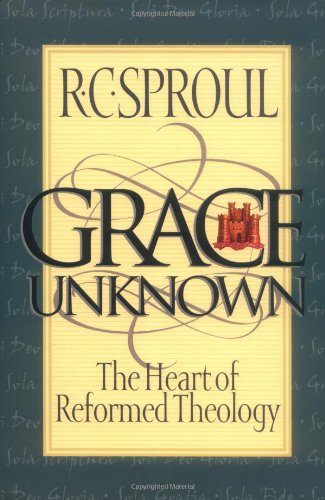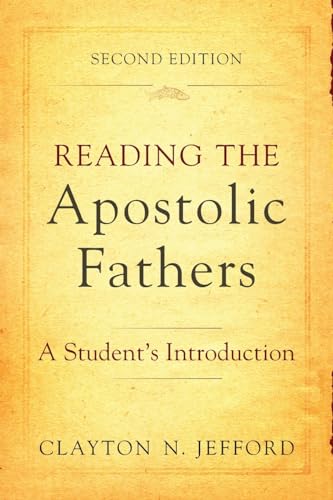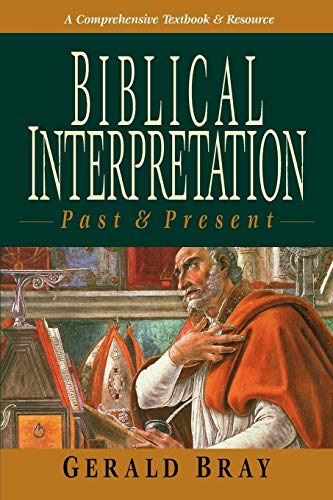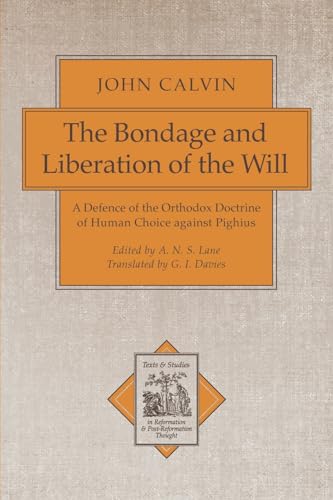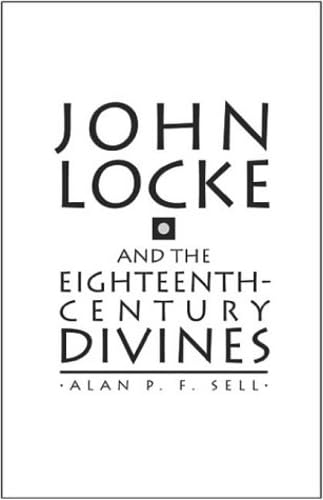The Righteous Gentiles of the Holocaust: A Christian Interpretation
Written by David P. Gushee Reviewed By Michael L. Westmoreland-WhiteNearly every aspect of that horrifying and systematic attempt at obliterating the Jewish people, known as the Holocaust, has been studied from numerous angles. In the fifty years since then there has been some profound wrestling by Christian theologians on the implications of some active participation in this genocide by professing Christians, and of the fact that the vast majority simply stood by and permitted it. (Vast groups within Christianity, however, including most Baptists, have yet to consider the implications of the Holocaust for Christian faith and life.) About that tiny minority (far less than one percent) of Christians and other Gentiles who actively worked to rescue Jews from the Holocaust, however, almost nothing has been written from a specifically Christian viewpoint. Many Jewish scholars, who call these figures ‘the righteous Gentiles of the Holocaust’, have studied them and have been very puzzled by the omission of such study by Christians.
David P. Gushee fills this gap in Holocaust studies nicely with The Righteous Gentiles of the Holocaust: A Christian Interpretation. Gushee is all too aware of the dangers of a Christian examination of the ‘righteous Gentiles’, many of whom were persons of faith. It would be far too easy to identify with and celebrate these courageous souls as ‘Christian heroes’ without ever wrestling with the question of why there were so few of them or why so many Holocaust perpetrators believed that they were doing ‘their Christian duty’ in persecuting Jews. Gushee not only avoids such moral evasion for himself, but writes in such a way as to make such evasion very difficult for his readers as well.
Gushee begins by describing the state of Holocaust studies and locating his own work within the growing body of literature on ‘rescuers’, the righteous Gentiles Most of the other literature on the rescuers has been either anecdotal narratives (e.g., the stories of Corrie ten Boom and of the village of Le Chambon), or sociological or psychological studies. Gushee’s study does not ignore these other sources, but seeks to be a specifically Christian interpretation. He asks what the data on the rescuers should mean for the reconstruction of Christian theology, ethics, and education.
He divides non-Jewish Europeans during the Nazi era into four separate categories: perpetrators, who actively committed crimes against Jews, up to and including participating in their murder; collaborators, who actively aided the perpetrators in their work; bystanders (the great majority) who allowed the collaborators and perpetrators to do their work without attempting to stop them; and rescuers, that tiny minority who worked to save Jewish lives at great risk to themselves and their families. Gushee disabuses Christians of the notion that the rescuers were more likely to be ‘real’ Christians, whole those in other categories were more often unbelievers or nominal Christians. Using all available data, Gushee demonstrates that by all observable criteria, perpetrators, collaborators, and bystanders were just as likely to be ‘good Christians’ (active churchgoers, fervent in faith, etc,) as were rescuers. Further, many rescuers were either nonreligious or drew on nonreligious moral resources in rescuing Jews, many even having to go against the teachings of their church leaders in doing so. Other rescuers, like Oskar Schindler, had fairly low moral character in other aspects of their lives, while bystanders, collaborators, and even some perpetrators were described almost universally as highly moral persons.
Given the ambiguity of this record, Gushee proceeds to ask what made the rescuers different. He examines their socialisation and family life, as well as cultural and other contextual factors. Further, from those who were active Christians and cited specifically Christian moral sources as aiding their rescue work, Gushee investigates which biblical and theological sources were used. With this as his background, Gushee draws conclusions for reconstructing a Christianity that might produce more potential rescuers and fewer persons who could act in the other types of categories. He also emphasizes the need for Christian work in producing just societal structures: By the time one needs to rely on the moral heroism of the few, it is already too late to avoid horrors like genocide.
This is an excellent book that should become a textbook in college and seminary ethics courses, courses on the Holocaust, and courses on Jewish and Christian dialogue. I further recommend it for use in local churches on any of the above topics. It is not an easy work, nor one that will make many Christians happy. Yet, it is a necessary work for the concrete work of repentance, leading to the theological and moral reconstruction necessary for a healthier Christianity. In light of the current genocidal conflict in the Balkans and in Africa, such a work as this is long overdue. I hope that Righteous Gentiles finds a wide circulation and that readers engage in the same profound moral and theological wrestling with grim realities that the author has already displayed.
Michael L. Westmoreland-White
Spalding University Louisville, KY



